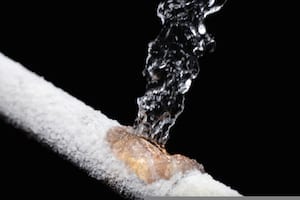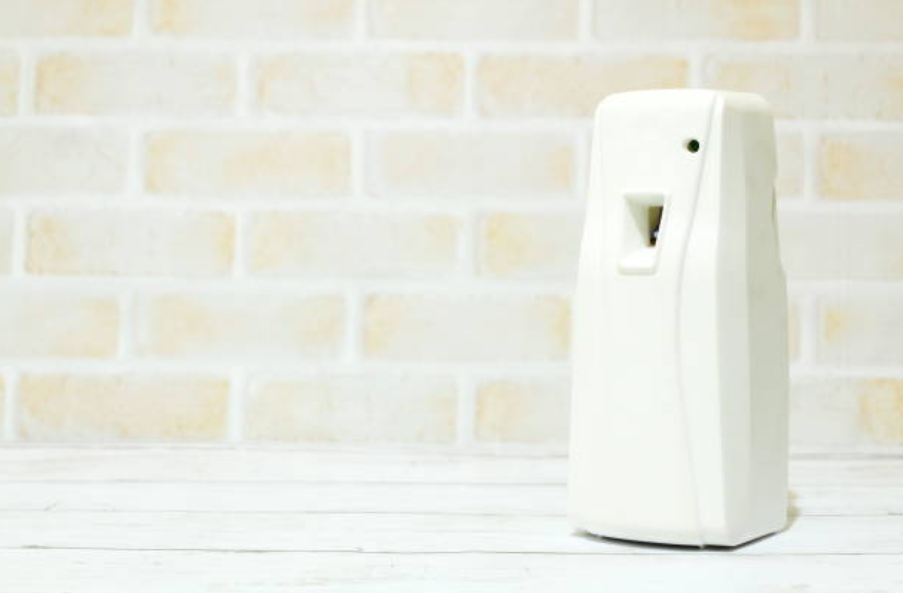Blog
11 Tips to Prevent Frozen Pipes in Your Home

 As a child, cold winter weather conjures up images of snow days, sledding, and ice puddle stomping. Oftentimes, this same scenario causes concern for homeowners due to the ever present potential for freezing pipes. In this article, the team at Home Comfort Experts will go over the essentials of how you can avoid frozen pipes.
As a child, cold winter weather conjures up images of snow days, sledding, and ice puddle stomping. Oftentimes, this same scenario causes concern for homeowners due to the ever present potential for freezing pipes. In this article, the team at Home Comfort Experts will go over the essentials of how you can avoid frozen pipes.
Pipe Protection Protocol
The good news is that it’s not that difficult to prevent frozen pipes. A few simple and inexpensive measures can be taken in colder climates to protect pipes around your house:
● Add Insulation to Bare Pipes - Did you know that foam pipe insulators can be purchased at home improvement stores? Quickly and easily slip these over all exposed pipe.
● Seal Cracks - Use spray foam to seal all cracks in your basement and crawl space. Even the smallest cracks will allow significant cold air intrusion from outside. Be sure to seal them up with spray foam.
● Remove All Garden Hoses - Make sure there are no hoses attached to outside faucets during the colder months! It’s important to drain them and put them away at the end of the season when prepping your home for fall and winter.
● Protect All Outdoor Spigots - We suggest using an inexpensive styrofoam faucet cover to do this.
● Use a Ready Temp Hot Water Circulator - The Ready Temp is a wonderful little box that monitors water temperatures and begins recirculating hot water through piping when needed. Talk about handy!
● Use Heat Tape on Problem Pipes - Because of their location, some pipes may be more prone to freezing. We recommend installing electric heat tape on these pipes and connecting it to power via a temperature controlled switch.
● Leave the Water Dripping - While we don’t advocate wasting water, on nights when the temperature plummets to below zero, or when the wind chill is especially low, it’s much cheaper to use a little bit of water than to replace burst pipes. Just a slow drip will keep water moving in your pipes, and prevent it from freezing. This works well if you choose a faucet that is furthest from where the water enters the house.
● Leave Cabinet Doors Open - On those cold nights, cabinets that house water pipes should be left open so that heat from the home can circulate around the piping. This is especially important for pipes on outside walls.
Related Read: 7 Heating, Cooling, and Plumbing Myths - Busted
Vacation Pipe Precautions
Bar none, the very worst time to have frozen pipes is when no one is home. Freezing pipes may burst and flood the house. The damage can be catastrophic. Here are some tips specifically for vacation homes or times when no one is at the family residence:
● Turn Off the Main Water Supply - This is one preventative measure to take before leaving home for extended periods, even in warmer weather. If any pipes were to burst, not necessarily from freezing, at least you won’t have an endless amount of water running into your home!
● Use Minimal Heating While Away - It’s okay to turn down the heat while you’re away, but keep it at 55 degrees or above to keep pipes from freezing.
● Leave Cabinet Doors Open - The same rule that applies on especially cold nights in an inhabited home, also applies to vacation homes. Cabinets that house water pipes should be left open so that heat from the home can circulate around the piping.






